
20
22
Retrospective

20
22
Retrospective
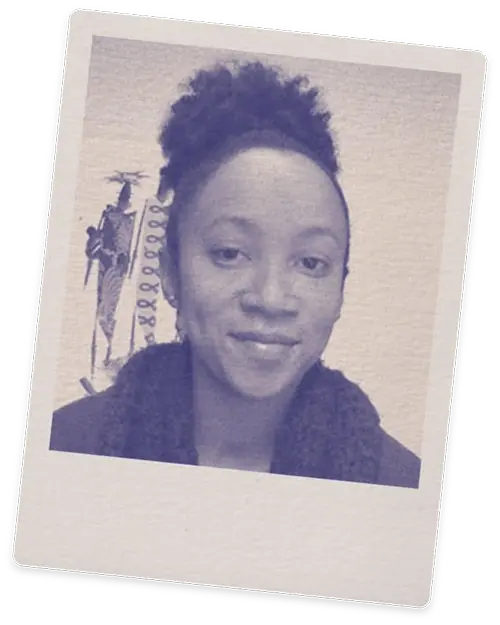

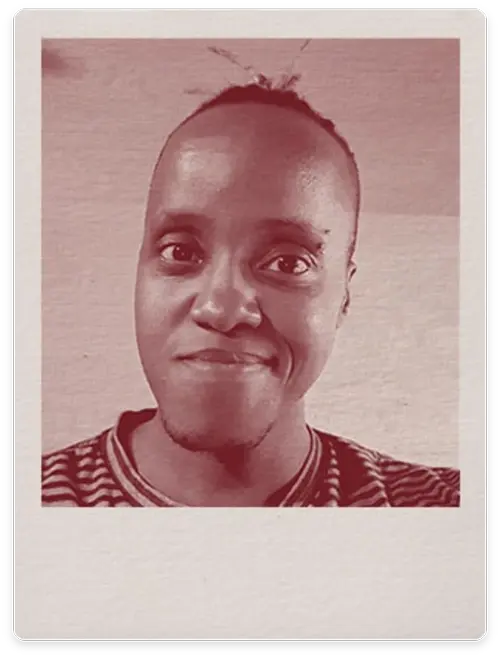
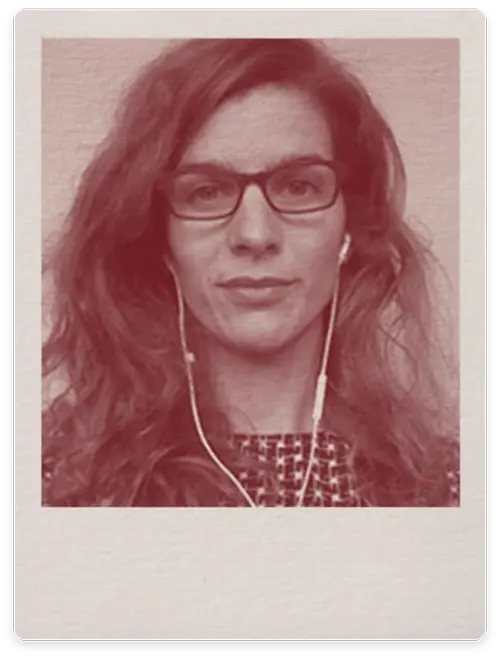
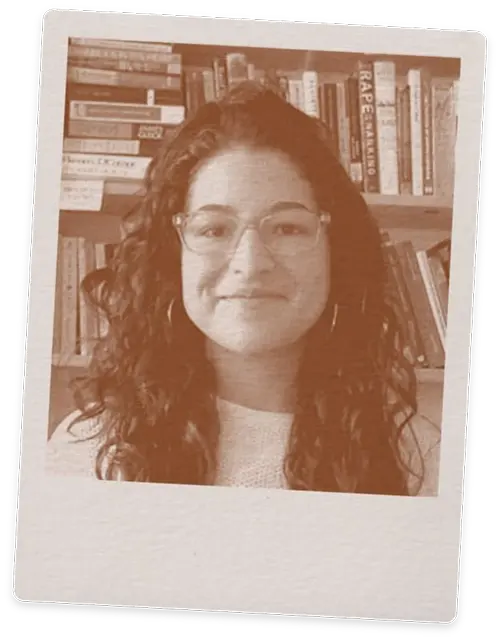
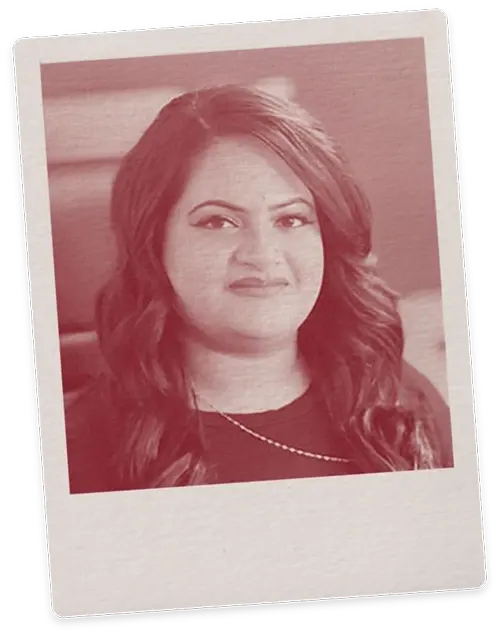



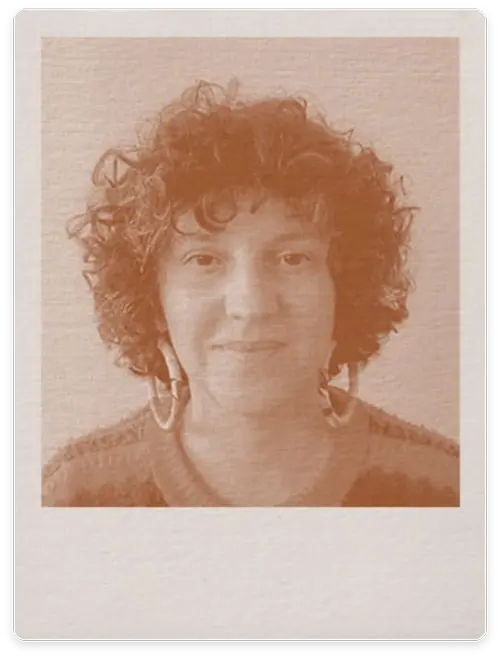

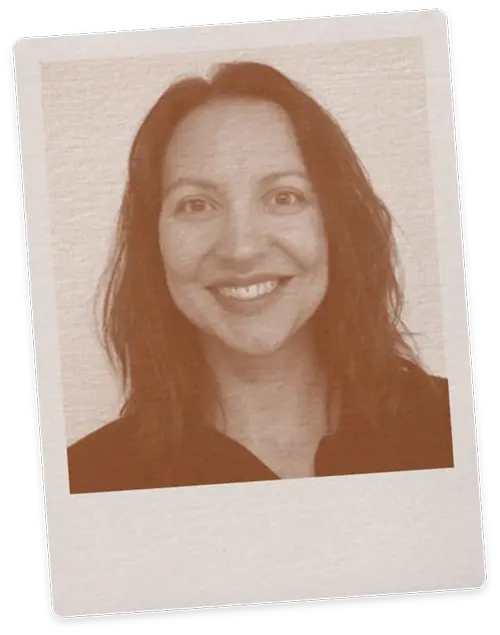
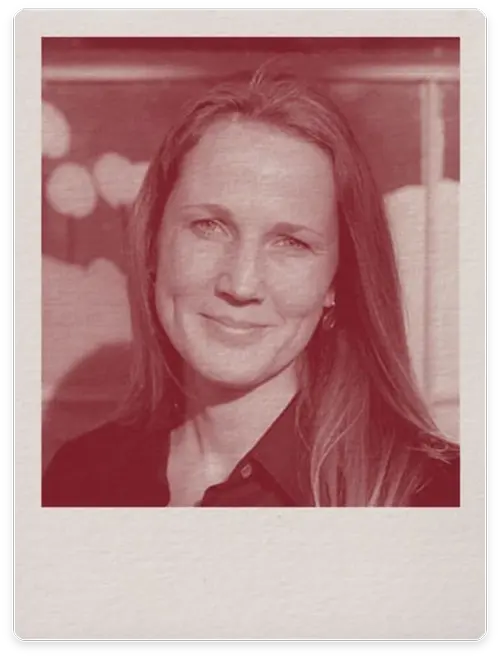
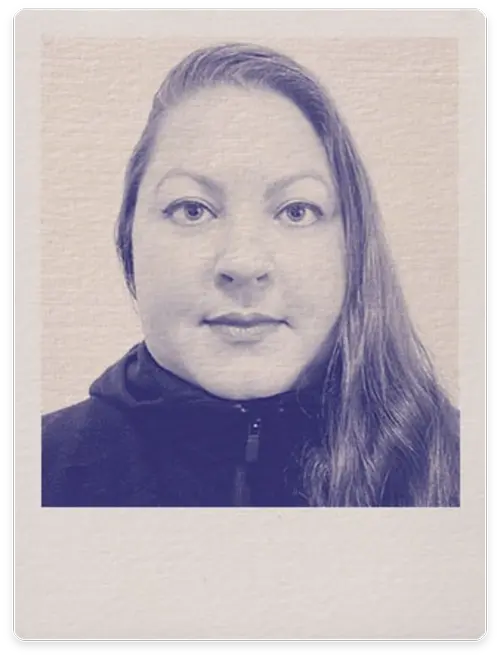
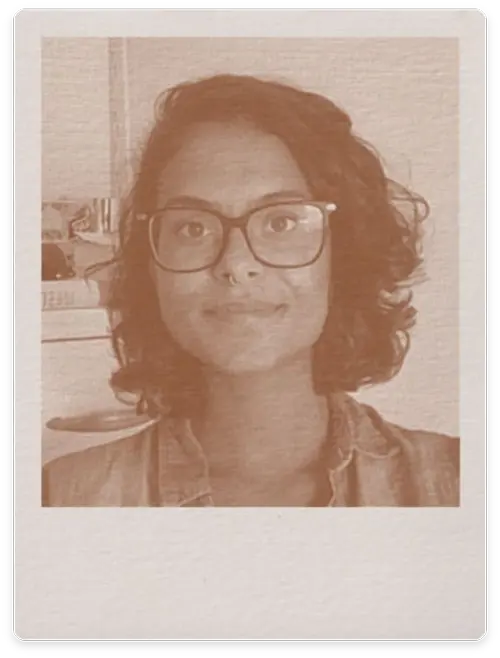
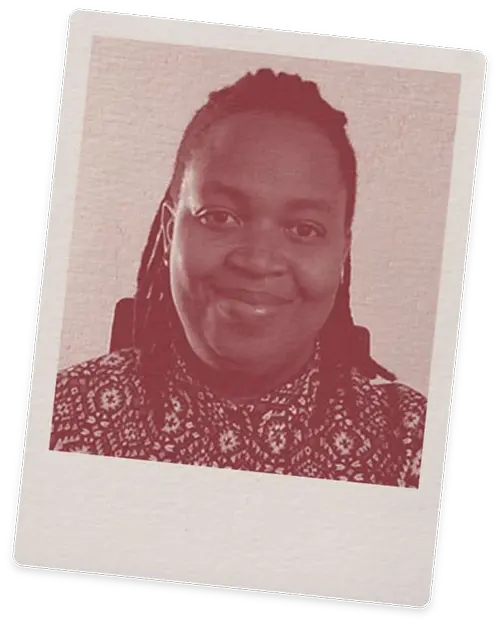
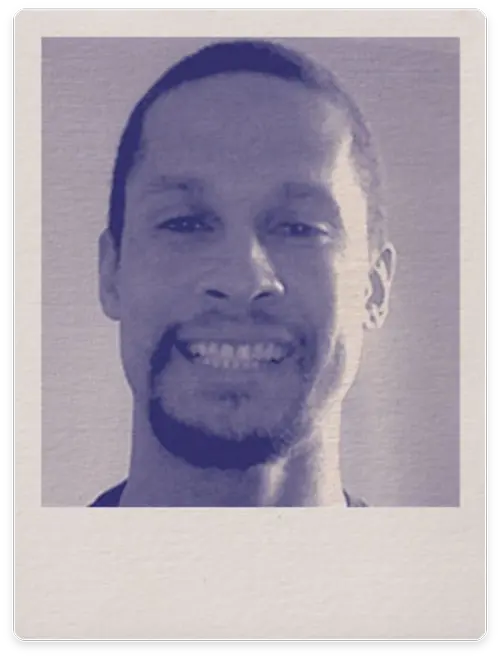
Spread across 11 countries, the 17 of us worked with partners around the world, gathered for two organisational virtual retreats, and, though we didn’t have a team-wide in person gathering, met bilaterally and in small groups in São Paulo, London, Berlin, Madrid, Los Angeles, New York, Johannesburg and Stockholm.
Our collective year was also filled with personal accomplishments: kayaking around a Greek island, having papers published, getting new tattoos, going back to in-person community spaces (like the Feminist TransHack gathering), going on amazing (and tough) hikes, surfing on different continents, seeing sharks and stingrays at the beach, travelling to meet friends, completing cross-stitches, crocheting blankets and celebrating loved ones.
















This work wouldn’t have been possible without:
Talented people like Alan Zard, Alicja Peszkowska, Ana Polanco (Polanco Consulting), Carolina Hadad, Charlotte Andersson, Dr. Madhuri Karak, Jen Lynn, Juan Arellano, La Propia Agencia (Ana María Ramírez, María Paola Herrera, Cristina Ramírez, Linda K. Ruiz), Luis Romero, Martu Mojica, Nasoan Sheftel-Gomes (Transformative Leadership Collective), Samuel Singler, Santiago Lorente, Shatha Sheikh Yousef, Surasti Kaur Puri, Tamas Szemann, Teresa Perosa, Zara Rahman.
Funders such as Ford Foundation, New Venture Fund, Open Society Foundations, Ariadne Network, Mozilla Foundation, Luminate, Sigrid Rausing Trust and SumofUs.
And wonderful partners including A People's Guide to Tech, Civil Rights Defenders, Global Dialogue, GSMA, IFRC, StopAids, Transform Health, GNP+, and Epic Africa.



2023 will be a year of continued change, deeper engagement, greater collaboration, and hopefully more in-person events and gatherings. We are excited to dig deeper into themes that have emerged from previous work related to migration, health, climate justice and digital resilience.
We are looking forward to finishing ongoing projects on humanitarian use of technologies. On an internal level, we are working to make sure our workflows are more flexible, allowing for more effective collaboration, and we are putting in place structures of shared leadership that will move us away from traditional hierarchical leadership models.
As a team, we’re also feeling optimistic about the possibility of in-person all-team retreats for the first time since 2020, and cannot wait to see each other as a group again!
Retrospective site design & illustration: Salam Shokor, assisted by Marie Dumont and Jihad Shokor. Development: Tim Alder